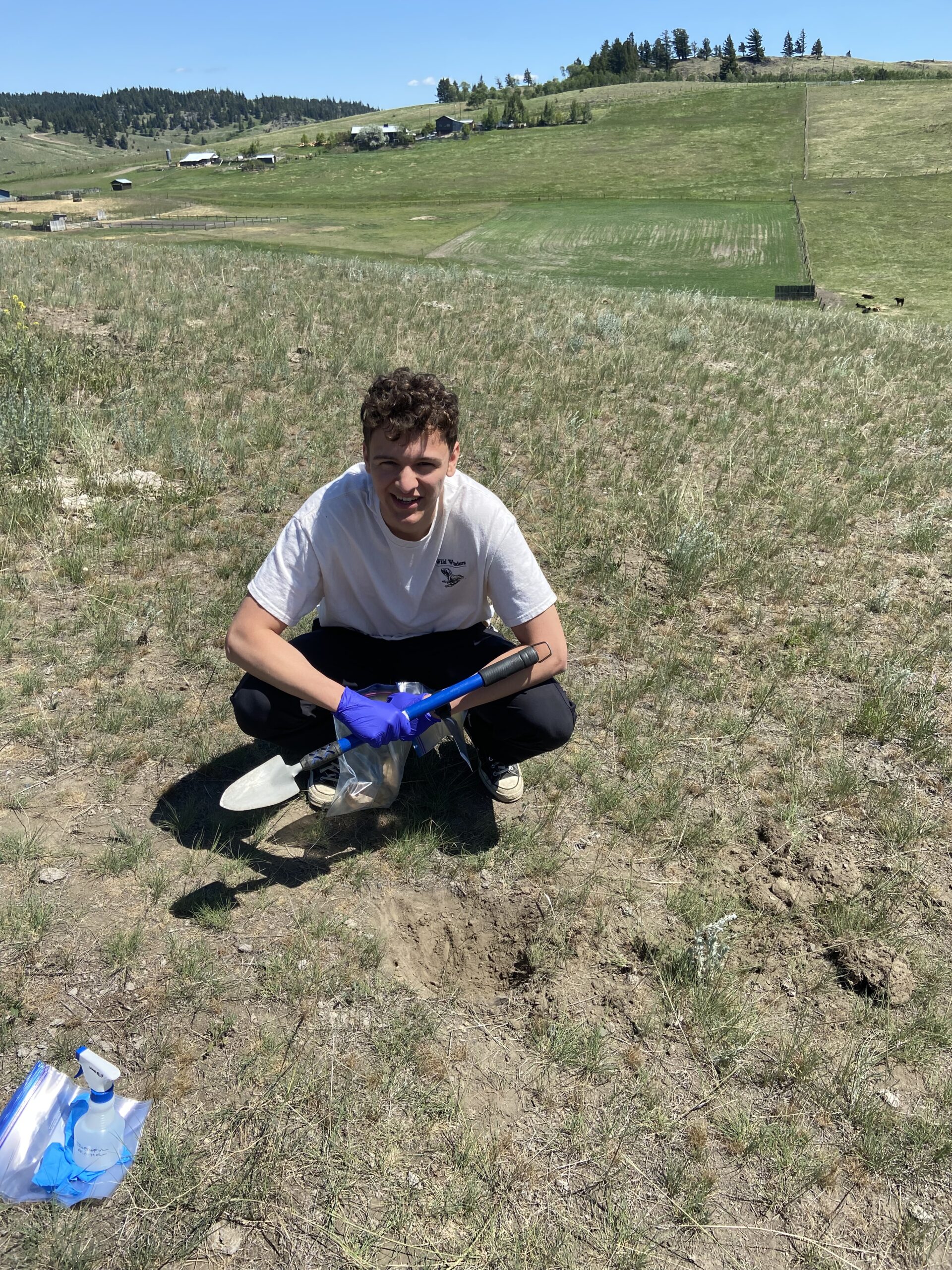Sustainability Reflection
I have come to appreciate the interconnectedness of ecosystems, microbial communities, and human impact on our surroundings throughout my education as well as my other extracurricular activities. My experiences throughout my science courses, research, and community engagement have shaped my understanding of what sustainability means not only to me, but also those around me. This understanding has reinforced my commitment to making environmentally conscious and sustainable decisions.
My academic introduction into the importance of environmental sustainability began with courses such as BIOL 1210 and BIOL 2160. In BIOL 1210, I developed a strong understanding of ecosystems, species and population dynamics, and evolutionary principles, which highlighted the intricate balance within natural environments that is currently being disrupted by our human race. BIOL 2160 expanded this knowledge by emphasizing the synergistic relationships between bacteria, humans, animals, and ecosystems. This course introduced me to the concept of interconnectedness and deepened my appreciation for sustainable solutions, especially within waste management and pollution control through bacterial applications in research innovations.
Building upon these concepts, I pursued research under an NSERC USRA award in the summer of 2023, working with Dr. Eric Bottos. My project focused on developing a device that allowed for controlled dispersal and interaction between permafrost and active layer soil microbial communities. Given the heated issue of permafrost thawing due to climate change, understanding how dormant microorganisms interact with active soil communities is highly critically. By designing and 3D-printing these novel incubation chambers, I explored how microbial community composition shifts in response to environmental changes.
Beyond academic research, I have been deeply involved in community outreach and knowledge dissemination. As the Founder and President of the Microbiology Outreach Foundation, I have worked to make STEM education more accessible to children and youth in the underserved rural and Indigenous communities within British Columbia. One of our programs, “Bacteria in the Environment”, introduces students to the role of bacteria in different biomes, illustrating how the microscopic world contributes to our environmental balance. By engaging these young learners in some transformative hands-on experiences, the organization inspires curiosity about microbiology, emphasizing the importance of microorganisms.
Additionally, my participation in knowledge-sharing events, such as the TRU Undergraduate Research and Innovation Conference, the Science Undergraduate Poster Exhibition of Research, and the Canadian Society of Microbiologists Conference, has enabled me to present my findings to diverse audiences. Communicating the complex microbiological and ecological concepts of my research to specialized researchers as well as the public has instilled a strong passion for accessible science communication. My involvement in the In-a-Nutshell presentation on campus challenged me to be engaging and concise, making sustainability issues more accessible to the non-specialist audiences and judges.
Through these experiences, I have come to recognize the roles that microorganisms play in sustainability as well as the importance of increasing the awareness of current scientific knowledge to the public. My growth has demonstrated that sustainability is not just about composting and buying local. It is about understanding, thinking, and contemplating your decisions to decrease the negative human impact on the lovely environment around us. In the future, I aim to continue integrating sustainability in my daily life as well as my career, both in research and education. Whether it is through more innovative research studies or expanding outreach programs, I am committed to promoting the interconnectedness of life and the importance of conscious decision-making.
